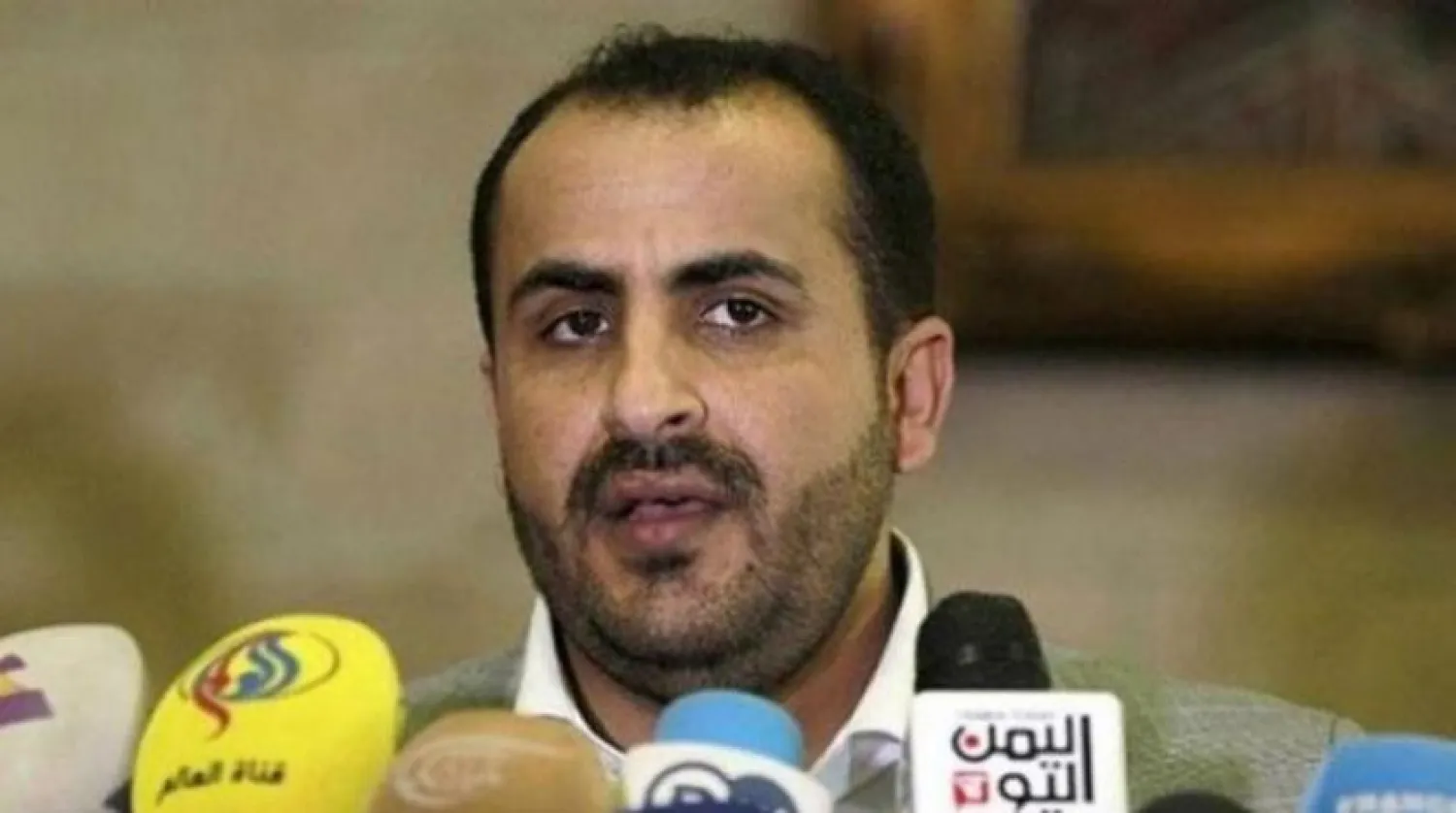The Houthi militias have hinted at undermining the efforts of United Nations envoy to Yemen Martin Griffiths following “cautious optimism” expressed by the UN on possible solutions to the country’s war.
Houthi spokesman Mohammed Abdul-Salam has reiterated the group’s conditions on UN-sponsored talks with Yemen's legitimate government.
The insurgents demand halting hostilities, and lifting the ban on Sanaa airport and the monitoring of Houthi-run ports, he said on his Twitter account.
He stressed that this is “the only way to initiate any discussion in safe and quiet conditions.”
Although the Arab Coalition declared a two-week ceasefire that started in Yemen on Thursday, Houthis have continued their escalation of fighting on most fronts.
Abdul-Salam claimed that the Coalition was not serious about the ceasefire.
“The Security Council would have issued a clear resolution to stop the war and lift the unjust siege had this ceasefire decision been serious,” he said.
His tweets were in reference to the statement issued by the Security Council on Friday, in which it welcomed the Arab Coalition’s unilateral ceasefire in Yemen and called on the Houthis to respond similarly.
Griffiths said on Friday he has sent revised proposals to Yemeni rivals as part of his efforts to resolve the country’s crisis amid the threats paused by the COVID-19 disease.
“Today, I shared with the parties revised proposals for agreements on a nationwide ceasefire; economic and humanitarian measures to alleviate Yemenis' suffering, build confidence between parties and help Yemen respond to COVID-19; and resuming the political process urgently,” Griffiths’ office wrote on Twitter.
The UN envoy said the proposed agreements are balanced, reflect the principle interests of all parties, and represent an actual, inclusive package helping Yemen avoid violence and past suffering and take a historical step towards peace.
He urged the parties to accept the proposed agreements without delay, and begin working together through a formal political process to comprehensively end the war.









